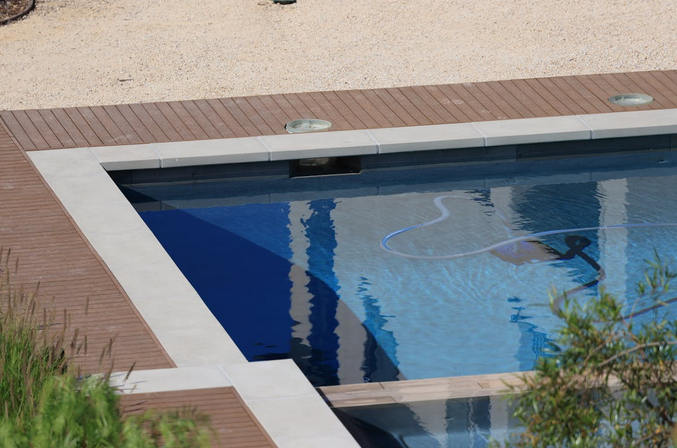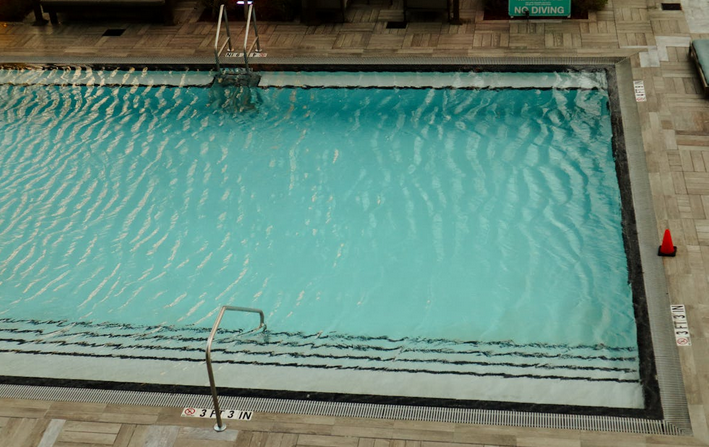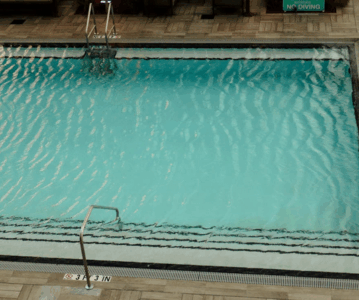A swimming pool is a luxurious and enjoyable feature for any home, but without proper upkeep, it can quickly become an expensive burden. One of the smartest ways to protect your investment and avoid costly expenses down the line is through routine . Many homeowners overlook the importance of pool inspections in Melbourne, assuming that visible cleanliness or basic water testing is enough. However, a thorough pool inspection can identify hidden issues early—long before they evolve into expensive repairs that drain your time and budget.
Catching Structural Damage Before It Spreads

Cracks in the pool’s surface, loose coping stones, or worn-out tiles may seem minor at first, but they often signal deeper structural issues. Left unchecked, these small imperfections can allow water to seep into the pool foundation, leading to erosion, leaks, or even destabilization of the surrounding soil. Over time, what begins as a hairline crack could demand complete resurfacing or major reconstruction. Regular inspections detect these early signs, giving homeowners the chance to repair minor flaws before they escalate into extensive damage.
Preventing Leaks and Water Waste
Leaks are one of the most common problems uncovered during a pool inspection, and also one of the most expensive if not addressed early. Pools lose some water naturally due to evaporation, but unnoticed leaks in plumbing lines, fittings, or the pool shell can result in thousands of gallons of wasted water. These losses not only drive up utility bills but also contribute to long-term damage to surrounding structures. A trained inspector uses pressure testing and dye tests to pinpoint leaks that aren’t visible, allowing for prompt repairs that avoid further loss.

Ensuring Equipment Is Running Efficiently
Pool equipment such as pumps, filters, heaters, and chlorinators are essential for keeping water clean and safe. If these components malfunction, not only does it compromise the pool’s sanitation, but it can also lead to overuse or strain on the system—shortening its lifespan and increasing energy costs. An inspection evaluates the condition and efficiency of all mechanical systems, identifying worn parts or inefficiencies before a complete breakdown occurs. Replacing a filter or repairing a pump early is far less expensive than waiting until the entire system fails.
Identifying Electrical Hazards Early
Pools rely on various electrical systems, from lighting to automated cleaning units. If electrical components are exposed to water, improperly grounded, or outdated, they pose serious risks—not just to the pool’s operation, but also to user safety. Electrical issues can also lead to damage that requires major rewiring or replacement. A proper inspection includes a review of the pool’s electrical systems to ensure everything is up to code and operating safely. By catching faults early, homeowners avoid costly fixes and the potential danger of electrical mishaps.
Extending the Life of Your Pool Investment

Routine inspections extend the lifespan of your pool by preserving its condition and preventing premature wear. Issues like poor water chemistry or failing filtration might not cause immediate damage, but over time they can degrade surfaces, corrode fixtures, and shorten the life of pool components. Inspections help homeowners stay ahead of these problems, ensuring the pool remains in top shape year after year. A well-maintained pool doesn’t just cost less in repairs—it retains its value and appeal for much longer.
A professional pool inspection is a small investment that delivers big returns in peace of mind, safety, and cost savings. By identifying and addressing potential problems early, inspections help prevent the kind of expensive repairs that can catch homeowners off guard. Whether you’re managing a new pool or maintaining an older one, regular inspections are key to enjoying all the benefits of your backyard oasis—without the burden of unexpected bills.


